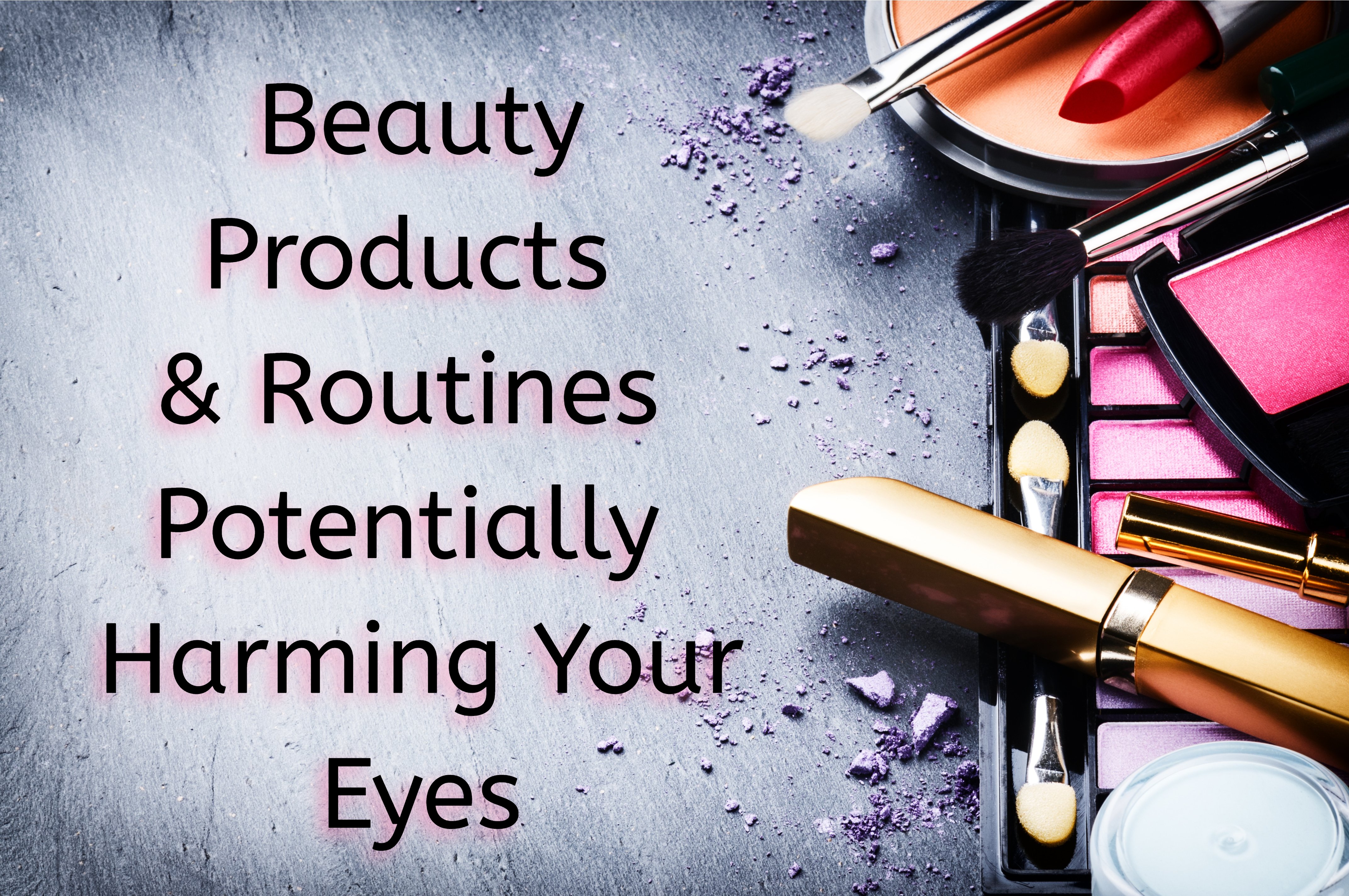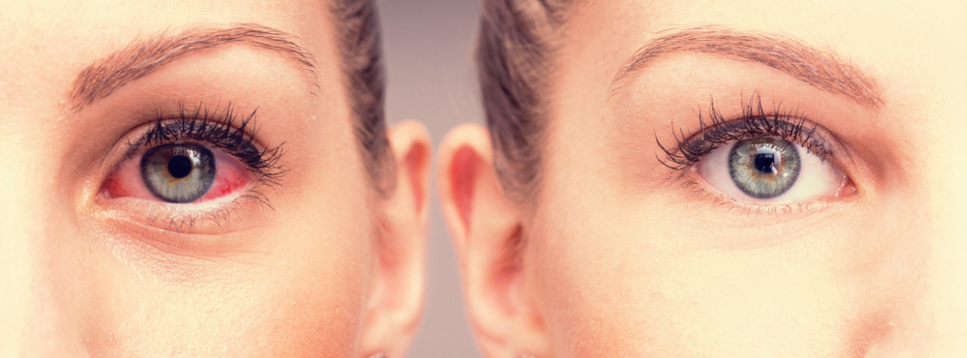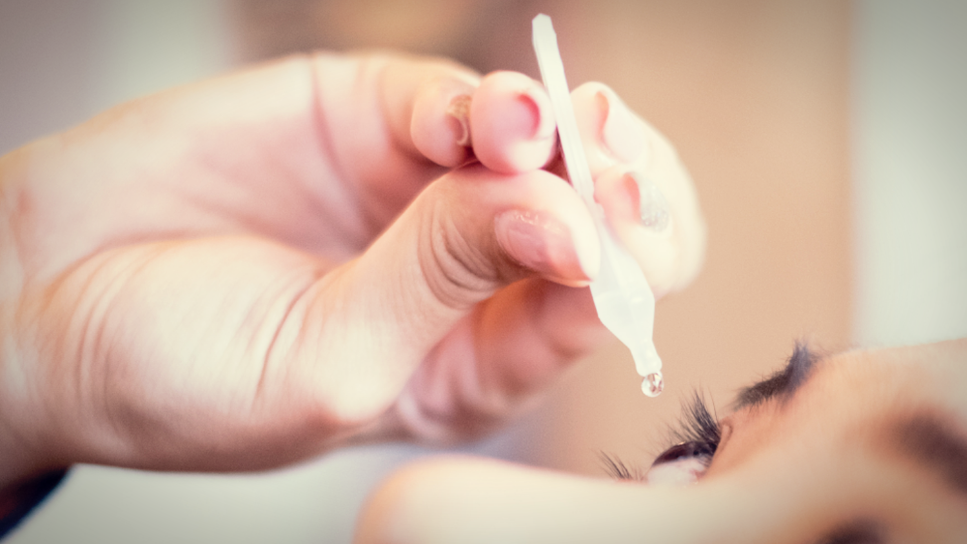BlephEx Treatment
June 5, 2019
Beauty Products & Routines Potentially Harming Your Eyes
August 21, 2019Why You Should Avoid Artificial Tears Containing Preservatives

So, your doctor diagnosed you with Dry Eye Syndrome or Ocular Surface Disease. Now what? Dry eye symptoms such as irritation, redness, itchiness, grittiness, and excessive tearing can be very debilitating. In order to experience some relief, your eye doctor likely recommended the use of artificial tears. However, there are many kinds of artificial tears; and whether they contain preservatives or not could actually make a huge difference.
Preservatives are essential these days in order to prolong the shelf-life of food, cosmetics, medication, as well as tears. This allows us to store our artificial tears for longer. Although you may feel as though you are saving money due to not having to replace your artificial tears often, it could end up costing much more than a few dollars. The most commonly used preservative in eye drops is called benzalkonium chloride (BAK). This preservative can induce corneal and conjunctival epithelial cell death, damage to the corneal nerves, delay corneal wound healing, interfere with tear film stability, and cause loss of goblet cells. To prevent these adverse reactions, you should not use preserved artificial tears more than four times daily.

Therefore, the far better alternative is to use preservative-free (PF) artificial tears. You will know if an artificial tear is PF when you see it is individually packaged in small vials. Once you open one vial, it is good for 24 hours and should be discarded after that. People with severe dry eye love using PF artificial tears because there is no limit to how many times a day they should be used.
Redness Relief Eye Drops
With chronic dry eye, the irritation on the surface of the eye can lead to dilation of the tiny vessels in the conjunctiva (the white part of the eye). In this case, the root of the problem is dry eye itself. This is why it is recommended to use preservative free artificial tears regularly and avoid redness-relief eye drops. Some of the OTC eye drops that provide a quick redness relief should not be used long-term as they restrict those tiny vessels, making the redness disappear, but eventually, it could cause rebound redness, making the symptoms worse when you stop using it.
If you are having dry eye symptoms that don’t seem to improve with anything you try, please contact us to make an appointment. As a Certified Dry Eye Clinic our goal is to help our patients achieve optimal eye comfort.
#SeeBetterLookBetterLiveBetter

